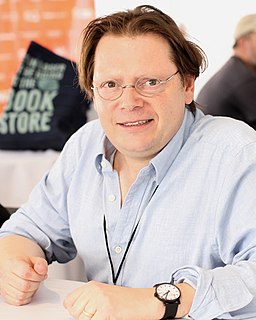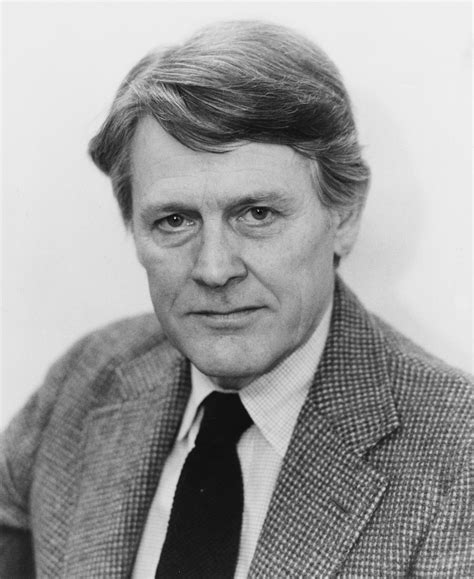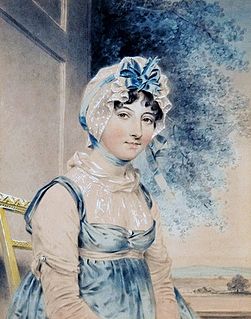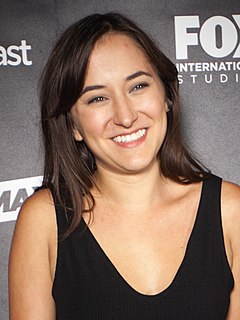A Quote by David McCullough
Every book is a new journey. I never felt I was an expert on a subject as I embarked on a project.
Related Quotes
Many people will tell you that an expert is someone who knows a great deal about the subject. To this I would object that one can never know much about any subject. I would much prefer the following definition: an expert is someone who knows some of the worst mistakes that can be made in the subject, and how to avoid them.
Because he did not have time to read every new book in his field, the great Polish anthropologist Bronislaw Malinowski used a simple and efficient method of deciding which ones were worth his attention: Upon receiving a new book, he immediately checked the index to see if his name was cited, and how often. The more "Malinowski" the more compelling the book. No "Malinowski", and he doubted the subject of the book was anthropology at all.
while the executive should give every possible value to the information of the specialist, no executive should abdicate thinking on any subject because of the expert. The expert's information or opinion should not be allowed automatically to become a decision. On the other hand, full recognition should be given to the part the expert plays in decision making.
When the mind is full of any one subject, that subject seems to recur with extraordinary frequency - it appears to pursue or to meet us at every turn: in every conversation that we hear in every book we open, in every newspaper we take up, the reigning idea recurs; and then we are surprised, and exclaim at these wonderful coincidences.







































